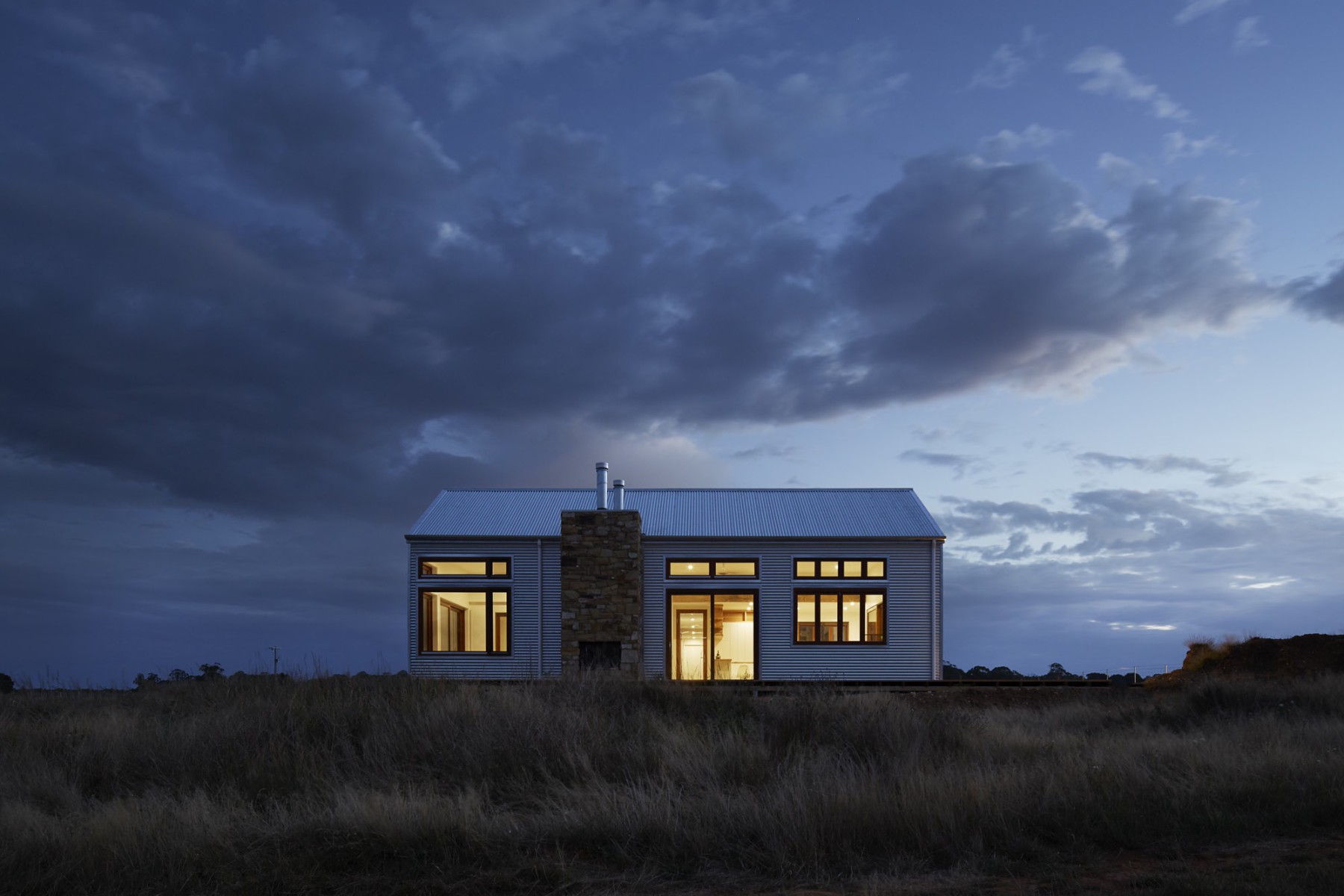Renting Out Your Home: Costs To Expect
Are you considering turning your primary residence into a rental property? If so, it’s important to understand the potential costs associated with this decision. There are some potential costs you should be aware of, from legal fees to taxes, before renting out your home. At Leaf Management, we understand how daunting this process can be, so we’ve put together a guide on the costs to expect when you turn your primary residence into a rental property.
Mortgage
When you turn your primary residence into a rental property, you’ll need to consider how it will affect your mortgage. If you plan on renting the property out long-term, you may need to look into refinancing your existing mortgage into a rental property loan. These loans typically come with higher interest rates and fees than traditional mortgages, so make sure you understand the associated costs before you refinance.
Taxes
When you turn your primary residence into a rental property, there are certain tax implications to consider.
First, the income you earn from your rental property is taxable and must be reported to the IRS. This includes any rent collected, security deposits, pet fees, etc.
Also, any improvements you make to the property may be subject to capital gains taxes. Depending on the improvement, you may be able to write off the cost of the improvement from your taxable income.
Finally, remember that you may be eligible for certain tax deductions related to your rental property. These include deductions for maintenance and repair costs, interest payments on loans for the purchase or improvement of the property, depreciation of the property, and other expenses related to your rental property.
Insurance
When you decide to rent your home, you must ensure it’s insured against any damages or losses. Most primary residence policies won’t cover rental properties, so you must purchase a separate policy or modify your existing one.
At a minimum, you should purchase landlord insurance that covers risks such as tenant damages, lost rental income, and liability. The insurance cost depends on the property’s size and location, as well as any additional coverages you may choose to purchase.
Maintenance and Repairs
When renting out your primary residence, it’s important to consider the costs associated with maintaining and repairing the property. Even if you take proactive steps to minimize repair costs, you’ll still need to invest some money in regular upkeep and maintenance.
If you decide to manage the rental, you should have a budget for repairs and maintenance.
Utilities
When renting out your property, you will also need to consider the cost of utilities. Utility costs include water, electricity, sewer, and garbage collection. Depending on the size of the home, these costs can add up quickly. It is important to check with your local utility company to find out what rates they offer for rental properties. Many utility companies have special rates for rental units lower than residential ones.
Marketing
It is important to market your rental property even though the process is associated with some costs. You’ll want to ensure that you reach potential renters cost-effectively and clearly communicate your expectations and the terms of your lease. You should consider a few things when marketing your property: Online listing, signage, networking, and social media.
Conclusion
Before you start renting out your home, it’s a good idea to speak to a property management specialist, like Leaf Management, who can help you navigate the process. We have years of experience helping homeowners transition from a primary residence to rental property, so let us take the hassle out of your hands and give you peace of mind! For more information, contact us on our website Leaf Management.
